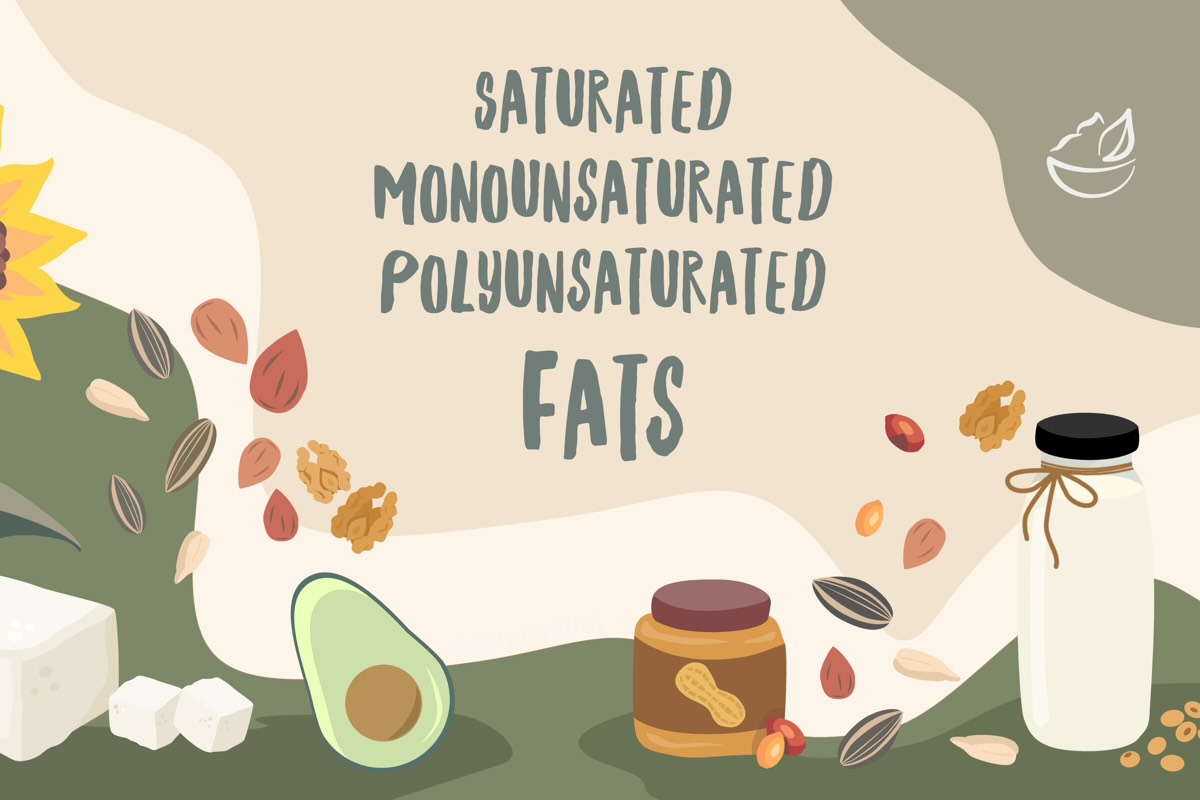The Keto Diet Craze Rage is on since forever now!
Starting as a treatment for epilepsy, the Keto Diet gained a significant amount of popularity over the years. From famous celebs to health magazines, all have been in awe of the diet.
Who could have thought that anytime one would seek a weight loss solution, Keto would just slide in as the most popular quick weight-loss weapon. However, in reality, should one really follow the Keto Diet?
While the ketogenic diet may be beneficial for some patients with uncontrolled epilepsy, the high fat intake — particularly harmful saturated fat — combined with restrictions on nutrient-dense fruits, vegetables, and grains, raises concerns for long-term good health.
Without further ado, let’s dive right into it!
What Exactly Is A Ketogenic Diet?
The Ketogenic or commonly known as the ‘keto diet’ focuses on heavy consumption of high-fat foods while limiting the consumption of carbs. According to a dietician at Mayo Clinic, more than 60% to 80% of the calories come from fat. A keto diet also emphasizes only moderate consumption of protein and less than 50 grams of carbohydrates per day.
A ketogenic diet is all about following a high-fat, moderate-protein, and low-carb diet. It includes the consumption of vegan foods like tofu, tempeh, soy milk, sugar free coconut yogurt, vegan butter, soy and nut based cheeses, nuts and nut butters, seeds, avocado etc
How Does The Keto Diet Work?
The Keto Diet was initially meant to treat kids with epilepsy, however, due to the reported weight loss results, it has grown in popularity. But how does it do that? Here’s how:
A typical diet would consist of 45% – 65% crabs, which are broken down into glucose by your body and used to fuel you with energy. The keto diet, on the contrary, restricts carbs, the main source of energy blocks in your body and instead uses fatty acids and ketone bodies as its main source of energy. This whole process is known as Ketosis.
Why is the Keto Diet Gaining Massive Popularity?
- It Claims to Help People Lose Weight
Despite its downsides, the diet aids in effectively losing weight and keeps one feeling full at all times. It has even proven to be more effective than a low-fat diet.
- It Claims to Manage Diabetes
The diet helps shed the excess fat from the body, which is closely associated with type 2 diabetes and pre-diabetes. It helps control long term blood sugar. A study also reports that the keto diet plays a major role in insulin sensitivity by improving it by a whopping 75%.
The Reality Behind The Keto Diet — Why Is It Not The Best Way To Lose Weight?
-
The Low-Carb Diet Doesn’t Hold Water & Its The Water Weight You Lose While Keto is a great way to see quick results in weight, but the way you shed weight is not the healthiest way. After starting the keto diet, many people lose a lot of water weight quickly. Due to a restricted carbohydrates diet, your body burns through your glycogen (energy) stores and discharges all the water the stores carry. So, the quick weight loss in the early days of a keto diet is because you lose a lot of “water weight.”
-
Insulin Resistance and Managing Type 2 Diabetes Work Only As Band-Aid The Keto diet does not cater to the underlying causes but only seems to work on a surface level when it comes to insulin resistance and type 2 diabetes. Sticking to eating fat surely keeps the blood sugars low but makes the underlying disease even worse. Following [1] Keto Diet can skyrocket carbohydrate intolerance in just 2 days. When compared to a week on a low-fat diet, [2] one week on an 80 percent fat diet can quintuple blood sugar surges in response to the same glucose load. So, it may appear that it helps manage blood sugar levels but on the contrary, it only makes it even worse.
-
Keto is Not So Great For Your Gut Did you know? [3] Keto causes an inadequate intake of 17 micronutrients. While those can still be covered up with supplements, there is no solution for the adverse effect it has on the gut. Ketogenic diets have proved to lower gut flora diversity as well as richness. It causes Microbiome changes due to making a switch to a high-fat, low-fibre diet. A study reports that [4] the keto diet decreases the number of beneficial Bifidobacteria and total short-chain fatty-acid produce, both of which tend to raise the risk of gastrointestinal disease.
-
Keto Can Prove to Be Bad For Your Bone Health The ketogenic diet, popular among athletes and individuals looking to shed weight, may, on the contrary, impair bone health in the long run. Such a diet [5] may cause a steady rate of bone loss as it puts the diet followers in a chronic acidotic state, which is caused due to the acidic Ketones themselves. It can also result in mild metabolic acidosis ( a condition in which there is too much acid in the body fluids).
-
Keto Can Clog Up Your Arteries And Can Adversely Impact Your Heart Before you brag about how much mutton and cheese are helping you shed those pounds, think about the effect they may be having on your heart. Yes, what do you think all that saturated fat may be doing to your heart? One can witness a considerable [6] decrease in arterial function after consuming a meal high in saturated fat. On a ketogenic diet, arterial function worsens rather than improves and can have an adverse effect on your heart health.
What is the Healthiest Diet You Should Follow?
Canada’s recent dietary guidelines [7] (not under the influence of the food industry) suggest that a ‘plant predominant diet’ is considered the most healthy diet. They further recommend consuming vegetables, fruits, whole-grains sources and consuming plant-based protein sources. They also recommend making a major move from saturated fats such as processed meat, full-fat dairy to unsaturated fats such as nuts, seeds, avocado, etc.
To get your hands on some of the best plant-based whole foods recipes, download the Plantiful app and start your healthy eating lifestyle today!
Sources:
[1] Sweeney JS. Dietary factors that influence the dextrose tolerance test. Arch Intern Med.1927;40(6):818. [2] Himsworth HP. The dietetic factor determining the glucose tolerance and sensitivity to insulin in healthy men. Clin Sci. 1935;2:67–94.
[3] Willmott NS, Bryan RA. Case report: scurvy in an epileptic child on a ketogenic diet with oral complications. Eur Arch Paediatr Dent. 2008;9(3):148–52. [4] Brinkworth GD, Noakes M, Clifton PM, Bird AR. Comparative effects of very low-carbohydrate, high-fat and high-carbohydrate, low-fat weight-loss diets on bowel habit and faecal short-chain fatty acids and bacterial populations. Br J Nutr. 2009;101(10):1493–502.
[5] Simm PJ, Bicknell-Royle J, Lawrie J, et al. The effect of the ketogenic diet on the developing skeleton. Epilepsy Res. 2017;136:62–6.
[6] Nicholls SJ, Lundman P, Harmer JA, et al. Consumption of saturated fat impairs the anti-inflammatory properties of high-density lipoproteins and endothelial function. J Am CollCardiol. 2006;48(4):715–20.
[7] Simon Hill. “The Proof is in the Plants” ‘A Diet Of Science’.




